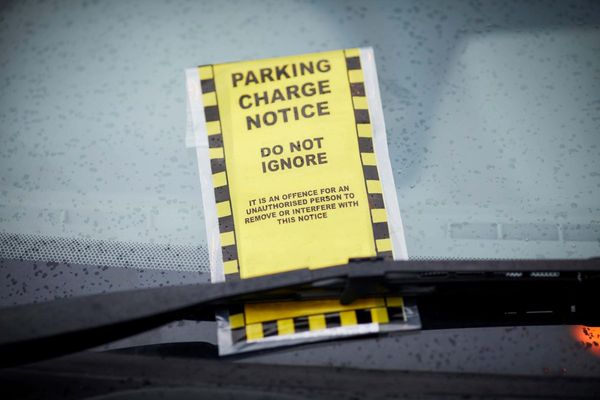
If you have ever opened a bank account, have a life insurance policy or have started planning your estate, you’ve probably been asked to name a beneficiary or beneficiaries for that account. A beneficiary is a person or entity who receives your assets once you’ve passed away. Designating a beneficiary ensures your assets go where you want them to once you’re gone. But it’s not enough to designate a beneficiary — it’s important to understand how the process works so that you can make the right choices for you and your family.
When designating a beneficiary, there are a few rules you’ll want to keep in mind. First, it’s important to note that a beneficiary has access to an account, or asset, only once you have passed away. For example, let’s say you decide to name your eldest child as a beneficiary over your bank account. That child will not be able to access the account until after you’ve died. This means they can’t get into the account to withdrawal money to help pay their own bills or fund that brand-new car.
Be aware of age restrictions on beneficiaries
As you’re making your choice, it’s also important to note that a beneficiary must be at least 18 years old to collect funds or assets. This may not be a concern for you when you’re young, but once you get older and have a family of your own, you might decide you want to name your children as beneficiaries. In most cases, this works well for families, but it can become an issue, especially if you die before your kids turn 18.
Let’s say you name your child as a beneficiary over your $1 million life insurance policy, but you die when the child is only 10 years old. To keep a 10-year-old from having access to that kind of cash, you might include specific rules and restrictions in your plan. Maybe you want the child to use the money for college once he or she turns 18, or maybe you want them to use it to purchase their first home. Those are things you must have documented as part of your estate plan.
A beneficiary has a lot of power in the eyes of the law, so you want to make your choice very carefully and be sure to update designations as your life changes. That’s because in most cases, a beneficiary designation overrides a will. For example, let’s say you recently got remarried. You’ve updated your will to include your new spouse but forgot to update the beneficiary over your retirement account, leaving your ex in charge. If you were to die before making that change, your ex would be entitled to those funds.
You can have more than one beneficiary
When it comes to planning your estate, you’ll want to be sure to designate beneficiaries for each of your accounts. When making your choice, keep in mind that beneficiaries aren’t limited to one person or entity. You also have the option to designate secondary beneficiaries to your accounts in case your primary beneficiary is unable or unwilling to accept your assets.
Despite how you choose to go about it, the bottom line is that you need to name at least one. That’s because any accounts without a beneficiary must go through probate court, which can be a very lengthy and difficult process for your loved ones.
Designating beneficiaries ensures your assets go where you want them to, so be sure to take your time when you make your decision.






